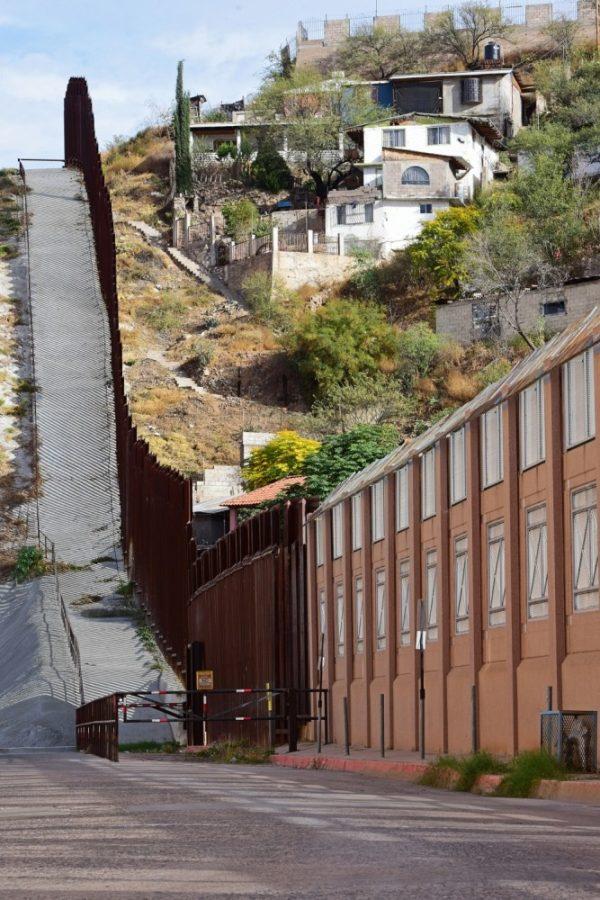Illegal immigration has been a hot issue in our nation for quite some time now, and it has never been adequately addressed. Apparently, what was needed all along was a disliked president to make people from other countries not want to enter. Unfortunately, it comes at the cost of much discontent amongst the public.
The number of border arrests have hit a 17-year low this March, most likely due to President Donald Trump’s scare tactics.
At the moment, whether the lack of illegal immigration will encourage people to enter legally or discourage them from coming at all is unknown.
Because of the “America first” mentality that has plagued the nation, the low volume of immigrants, whether legal or illegal, will be at least appreciated by some portions of the population.
Trump’s talk on building a wall along the U.S.-Mexico border is still just talk, as construction has yet to begin and planning is still in the works.
Despite no changes being implemented within the U.S. border security, the rhetoric surrounding illegal immigration in the U.S. right now has deterred a lot of people from Mexico, Central and South America from making the trek across the border. The exact reasons for the trend are unknown.
The most shocking detail about this occurrence remains that Trump has yet to implement any new border laws or make big changes in border control and protection.
Related: Trump’s wall splits the Sonoran desert in two
The low border crossings can likely be attributed to illegal immigrants feeling unsafe in the U.S. now that Donald Trump is the president.
To put into perspective how these border crossings have changed in the past year, according to Department of Homeland Security Secretary John Kelly, there were 58,000 people stopped at the border in December 2016. This is around 20,000 more than in December 2015. This increase between December 2015 and 2016 is likely due to the uncertainty surrounding immigration following Trump’s inauguration.
NPR reported a decline in January and February as numbers of people stopped at the border dropped to under 43,000 in January and less than 24,000 in February.
U.S. Customs and Border Protection reported March saw less than 17,000 arrests, which is a record low since 2000. In the figures Kelly gave the Senate, the number of border arrests have dropped 71 percent between January and March of this year.
Yearly trends show February usually contains slight increases in illegal immigration after a low volume during the winter months, followed by a resurgence in March. Not as many people cross the border during the winter months because of the weather, but it picks back up in March as the weather gets warmer.
While decreasing illegal immigration may be helpful in some ways, deterring all immigration will not prove to be healthy for the country.
Related: Build benches not borders
The U.S. is known as a melting pot of different cultures and wields a rich history of immigration, making it part of our very foundation.
It is unknown how this change in immigration will impact the U.S.’s relationships with Latin American countries; relationships could improve because there would less contention in the fight against illegal immigration.
It’s possible our relationships have already been tarnished and this is one consequence of Trump as president. Regardless of what the future holds, Trump’s words have clearly had an impact on other nations’ perceptions of our country.
It is hard to say whether the decline in illegal immigration will have positive or negative consequences. The decline is a positive outcome at the moment because of the struggle that the U.S. has had with illegal immigration in past decades. While illegal immigration has been slowed, so has immigration as a whole, which has the potential to come at unforeseen costs in the future.
Follow Claudia Drace on Twitter









